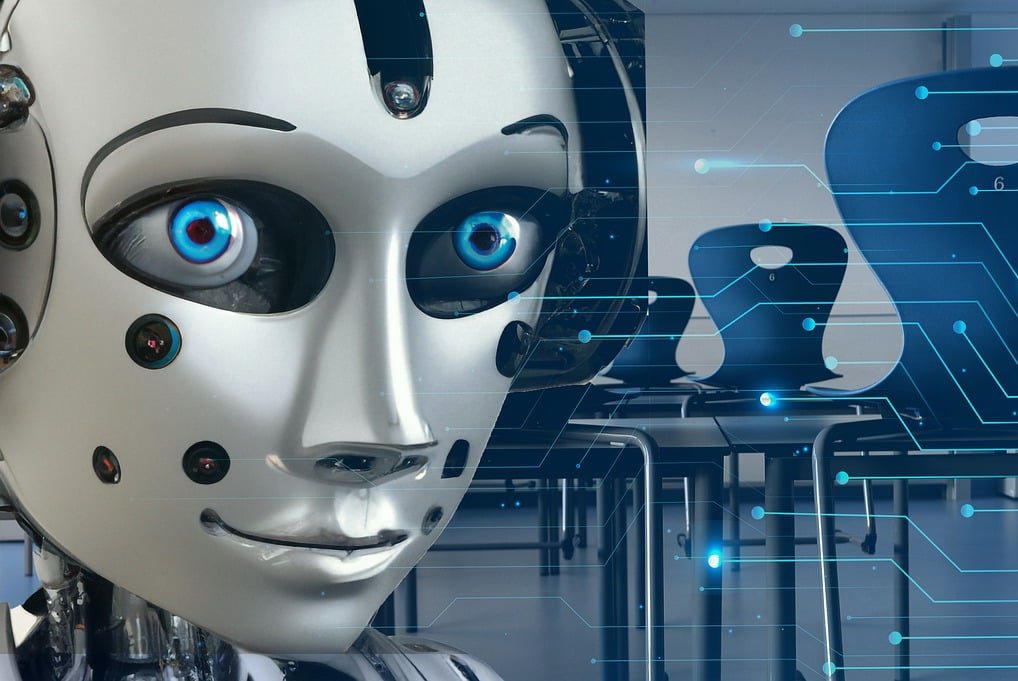Artificial intelligence, or computerized reasoning, has turned into an incredible asset in different spaces, including security and observation. However, the alarming trend of using AI to spy on social rights activists and journalists under the guise of preventing terrorism has recently been the subject of reports that have raised concerns. This abuse of innovation is an immediate danger to our central privileges, security, and opportunity of articulation. In this article, we will dive into the issue, investigate the ramifications, and examine the pressing requirement for shields and guidelines.
In a new report introduced to the Basic liberties Gathering, a Unified Countries master, Fionnuala Ni Aolain, featured the developing abuse of simulated intelligence and other nosy advances. Ni Aolain demanded that AI research be halted until adequate safeguards are in place. The report emphasized the risks associated with using security language to support the use of high-risk technologies like AI for surveillance. Ni Aolain was concerned about the lack of oversight, which allowed countries and private actors to use AI-powered technology for counterterrorism purposes.
When it comes to regulation, AI is a complicated technology with many facets that presents significant obstacles. According to DeepAI.org founder Kevin Baragona, AI is “one of the more complex issues we have ever tried to regulate.” The difficulty of regulating simpler issues casts doubt on the viability of implementing sensible AI regulation. However, AI prohibition would also impede development and progress.
AI has the potential to change many aspects of society and bring about positive changes in the political, economic, and social spheres. However, its improper use carries significant dangers. Computer based intelligence calculations can make profiles of people, anticipate their future developments, and recognize expected criminal or psychological oppressor action. Human rights and privacy are seriously questioned by this level of data collection and predictive activity. Ni Aolain’s report underscores the requirement for protections to forestall the maltreatment of artificial intelligence evaluations, which ought not be the sole reason for sensible doubt because of their intrinsically probabilistic nature.
Systems for border management, national security, the criminal justice system, and law enforcement already incorporate AI. It is being tested in a variety of applications through pilot programs in a variety of cities. The innovation uses tremendous measures of information, including authentic, law enforcement, travel, interchanges, web-based entertainment, and wellbeing data. AI can predict criminal or terrorist activity, identify potential suspects, and even flag individuals as potential repeat offenders by analyzing this data.
Activists, journalists, and anyone else who cares about their privacy and freedom of speech face dire consequences if AI is used for surveillance purposes. Governments and private actors can monitor and track individuals using AI-powered surveillance, making it increasingly difficult for activists and journalists to operate freely. Dissent is stifled, human rights are violated, and democracy’s very foundations are undermined by this intrusion.
To address the abuse of computer based intelligence, there is a pressing requirement for strong shields and guidelines. The goal of these measures ought to be to strike a balance between protecting fundamental rights and addressing security concerns. Components for significant oversight and responsibility should be laid out to forestall the maltreatment of simulated intelligence innovation. To encourage a more informed and responsible approach, transparency and public awareness regarding the use of AI in surveillance should also be promoted.
International cooperation and collaboration are necessary to address the challenges posed by AI misuse. Common standards and guidelines for the ethical and responsible use of AI must be developed by governments, civil society organizations, and technology companies. By sharing prescribed procedures and encounters, we can all in all address the dangers related with computer based intelligence and guarantee its positive effect on society.
The disturbing pattern of utilizing artificial intelligence to keep an eye on activists and writers under the appearance of forestalling illegal intimidation raises serious worries about the disintegration of crucial privileges and opportunities. The urgent need for action is highlighted by the expert from the United Nations’ call for a moratorium on AI development until adequate safeguards are in place. We must actively address the potential risks and develop robust regulations to prevent the misuse of AI as it continues to evolve. We can do this to ensure that AI continues to be a force for good, protecting our rights and fostering a more democratic and inclusive society.

